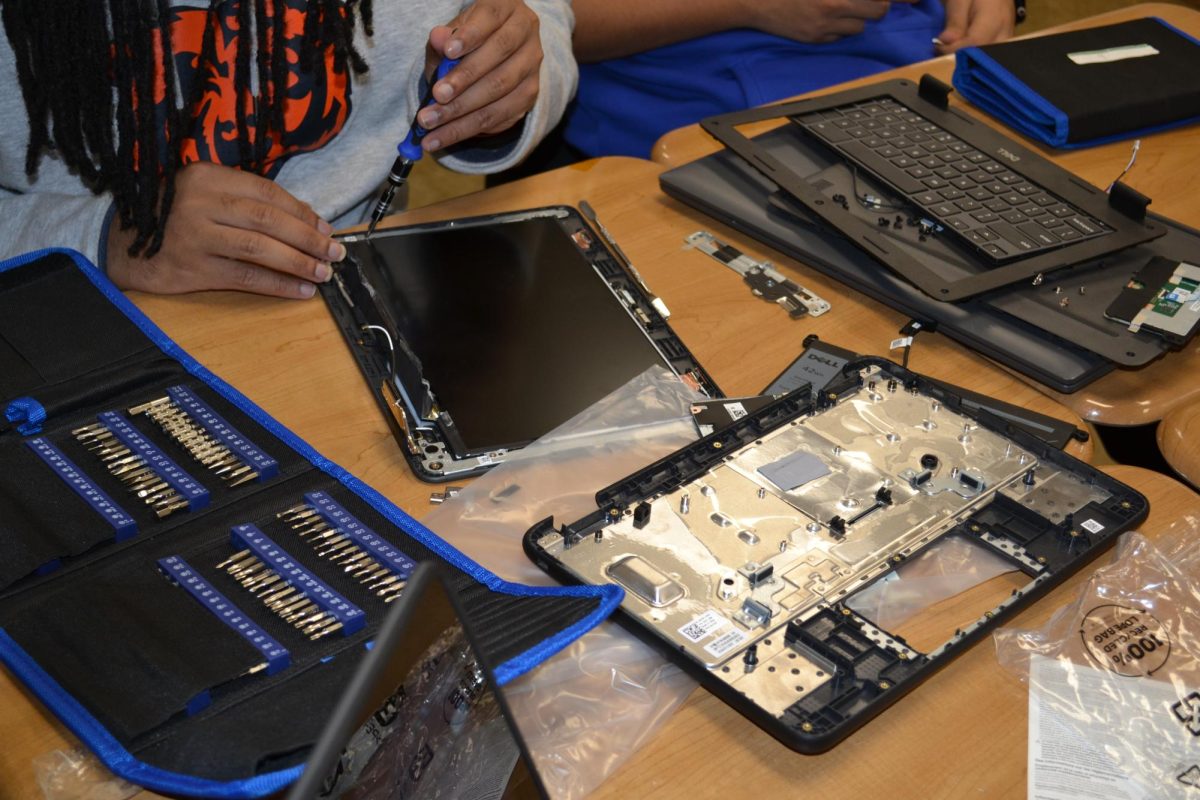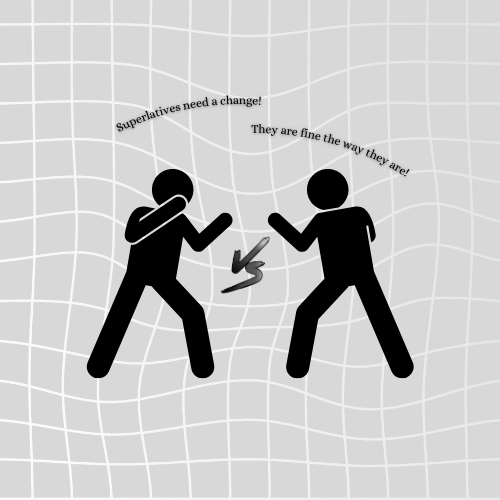Every American has the right to assemble peaceably in protest. I support that right. However, I feel it’s important that those who decide to protest understand the importance of doing so in a peaceful manner. Right now, the risk of violence simply outweighs the rewards of protesting.
Acts of political violence are increasing in America — one in four Americans believe that it could be justifiable (theguardian.com). Armed protests have been on the rise too, and they’re even more likely to turn violent than their unarmed counterparts (carnegieendowment.org).
Nothing changes the fact that these violent protests are ineffective (northeastern.edu). Protests that spiral into violence make a bad case for the vast majority that remain peaceful. 2020’s Black Lives Matter protests resulted in over $2 billion dollars in damages (fee.org); however, 93% of these protests were peaceful (acleddata.com). The risk of unarmed, peaceful protests turning violent is extremely low, but those that do carry catastrophic consequences, harm the image of their movement, and make presumably peaceful protests dangerous to attend.
Not all protests start peacefully either. I would argue that some of 2020’s Black Lives Matter riots and January 6 2021’s storm on the capital weren’t planned to be peaceful, nor protests at all. Whether you believe these acts of political violence are justified or not, the news reported on the damages they caused, not the movement’s message. Protests have turned from pushes for social change to depersonalized outlets for people’s politically driven anger. Plain and simple, you do not have the right to riot, loot or burn, or cause violence. For the sake of social change and the safety of our people, I urge those exercising their right to protest to do so peacefully — but until that becomes a more common occurrence, I won’t be exercising mine.






